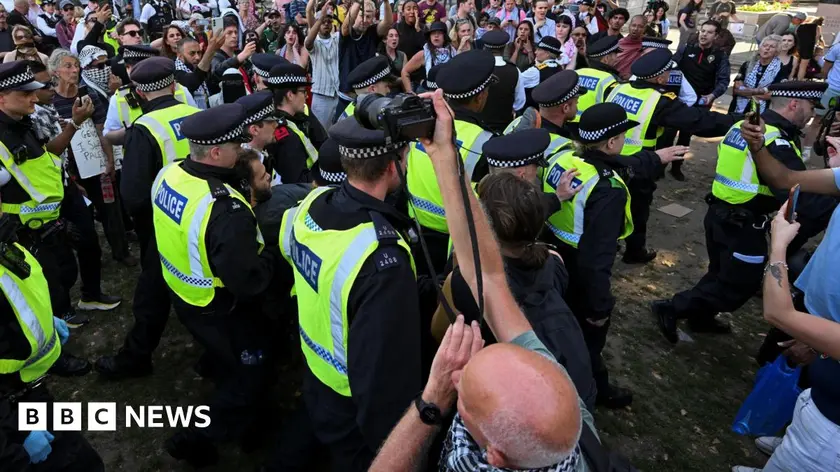T4K3.news
Palestine Action banned under terror law
UK home secretary defends proscription after mass protests and damage to jets at RAF Brize Norton.
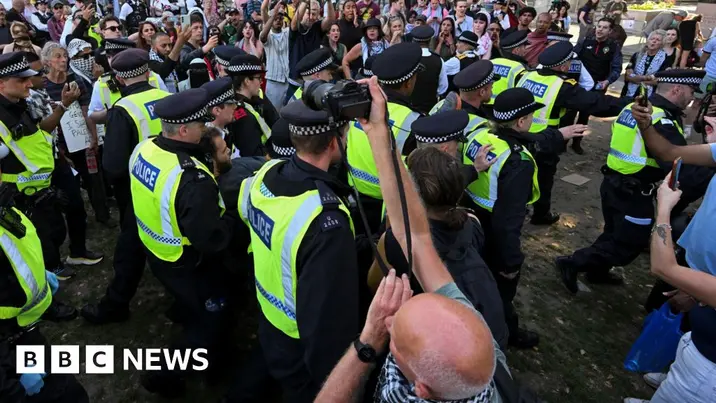
An editorial look at the decision to proscribe Palestine Action and what it means for security, protests, and civil liberties.
UK bans Palestine Action amid security concerns
The home secretary announced that Palestine Action has been proscribed under terror legislation, making membership or support a criminal offence with potential penalties up to 14 years in prison. Officials say the ban reflects serious attacks and damage to national security infrastructure, including damage to jets at RAF Brize Norton. Police reported 532 arrests at protests around Parliament over the weekend, even as tens of thousands demonstrated lawfully elsewhere. The government says the decision rests on strong security advice and assessments by the Joint Terrorism Analysis Centre.
Key Takeaways
"There may be people who are objecting to proscription who don't know the full nature of this organisation"
Cooper on public awareness
"This is not a non-violent organisation"
Cooper defending proscription
"We have long criticised UK terrorism law for being excessively broad and vaguely worded and a threat to freedom of expression"
Amnesty International response
"These arrests demonstrate that our concerns were justified"
Amnesty response
The government portrays the move as necessary to protect public safety and critical infrastructure. Critics warn that using broad terrorism laws to police protest risks chilling dissent and mislabeling political action as violent extremism. Legal challenges are likely as Palestine Action prepares to appeal the ban, and civil liberties groups will scrutinize how reporting restrictions and prosecutions intersect with rights. The coming debate will test whether security objectives can be pursued without compromising freedoms or the ability to mobilize public opinion on urgent humanitarian issues.
Highlights
- There may be people who are objecting to proscription who don't know the full nature of this organisation
- This is not a non-violent organisation
- We have long criticised UK terrorism law for being excessively broad and vaguely worded
- These arrests demonstrate that our concerns were justified
Civil liberties and political backlash risk
Proscribing a protest group under terror law raises concerns about civil liberties, freedom of expression, and potential political backlash. The move invites legal challenges and could shape public trust in policing and democratic norms.
The balance between security and speech will continue to shape public debate and policy
Enjoyed this? Let your friends know!
Related News
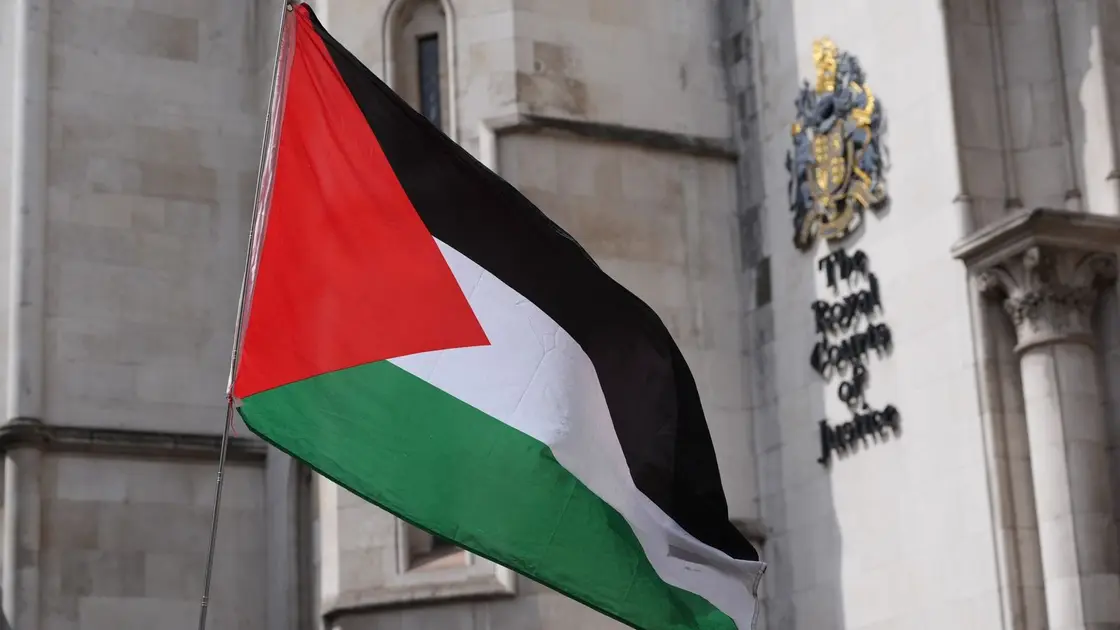
Three charged with supporting Palestine Action
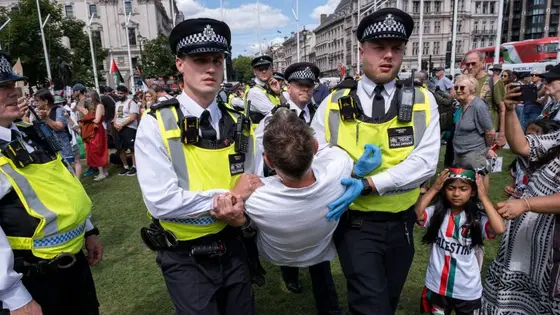
London arrests 466 protesters after Palestine Action ban
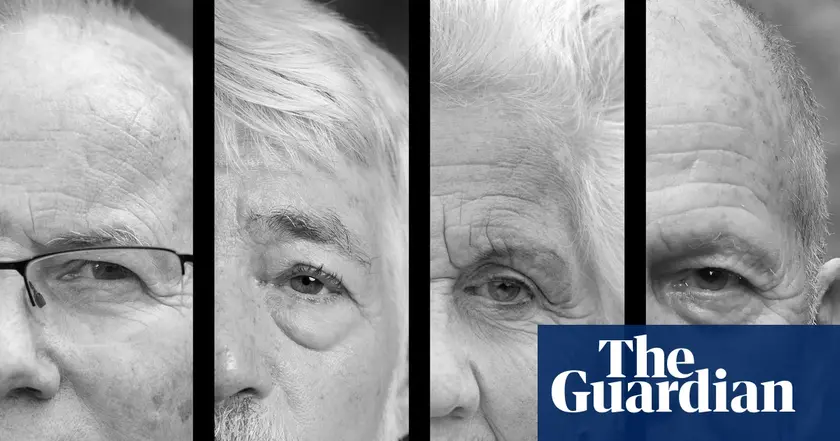
Protesters defend free speech amid anti-terror ban
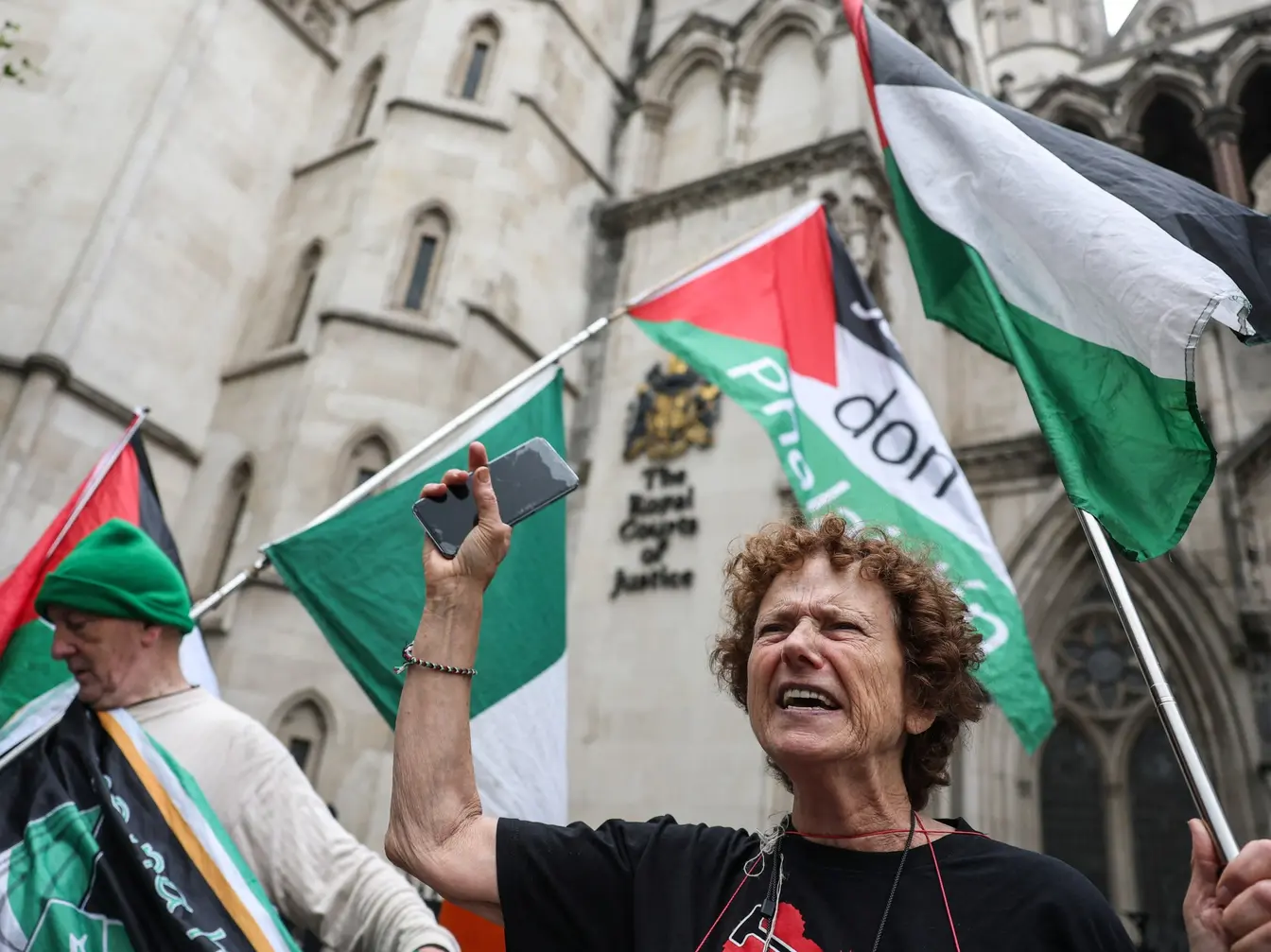
UK court rules Palestine Action may challenge terrorism ban
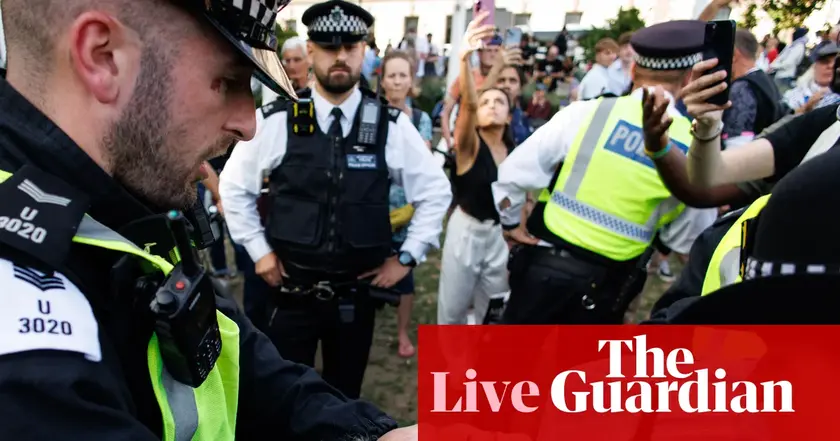
Palestine Action ban defended in UK politics
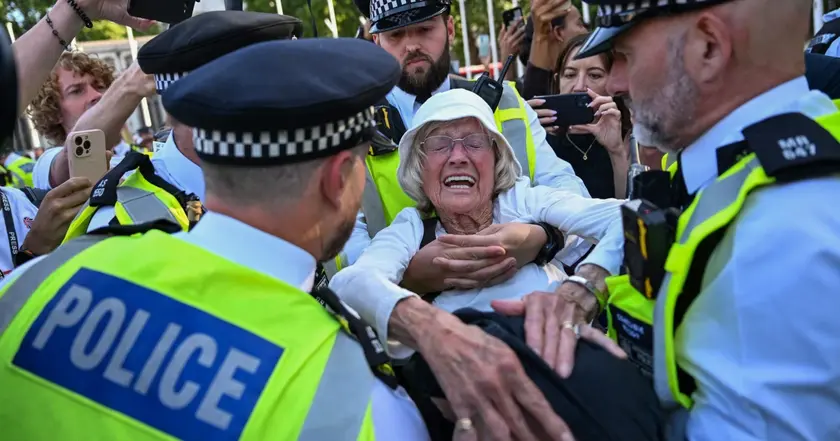
London arrests 474 protesters over new Palestine Action ban
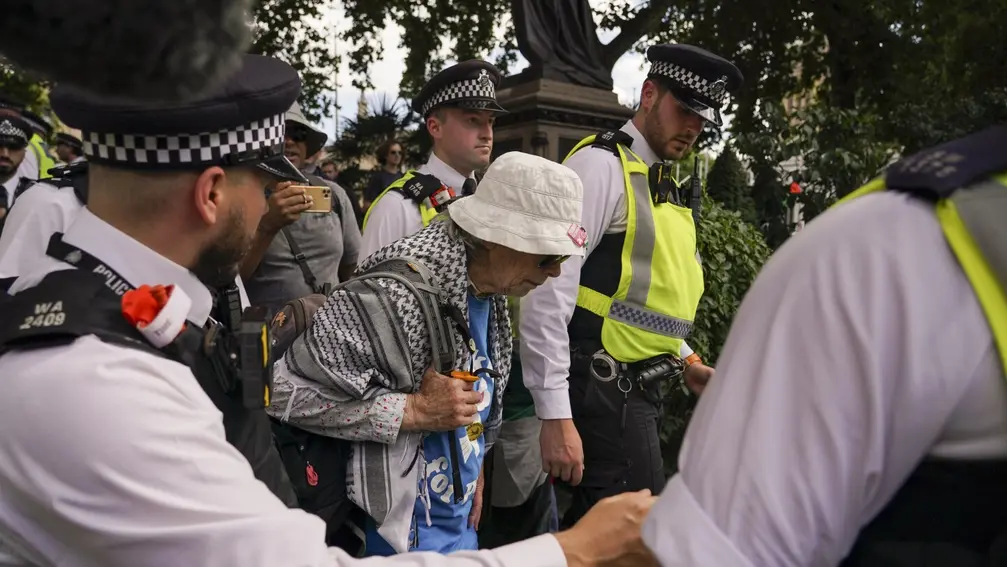
Protests test Britain's balance after ban
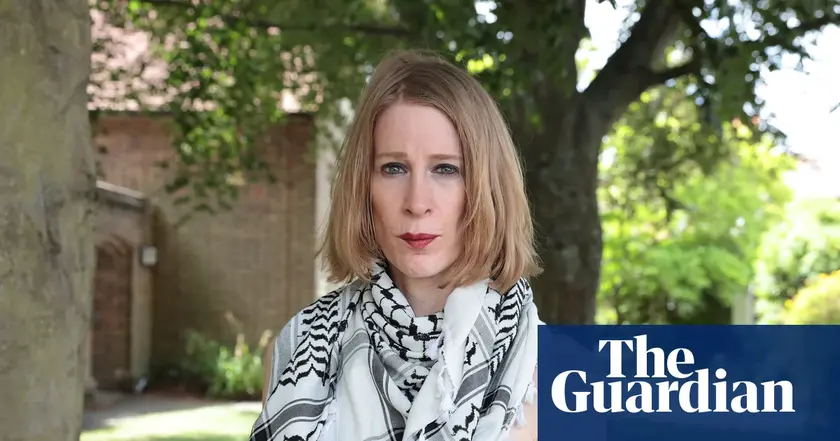
Pro-Palestine protester sues Kent police
